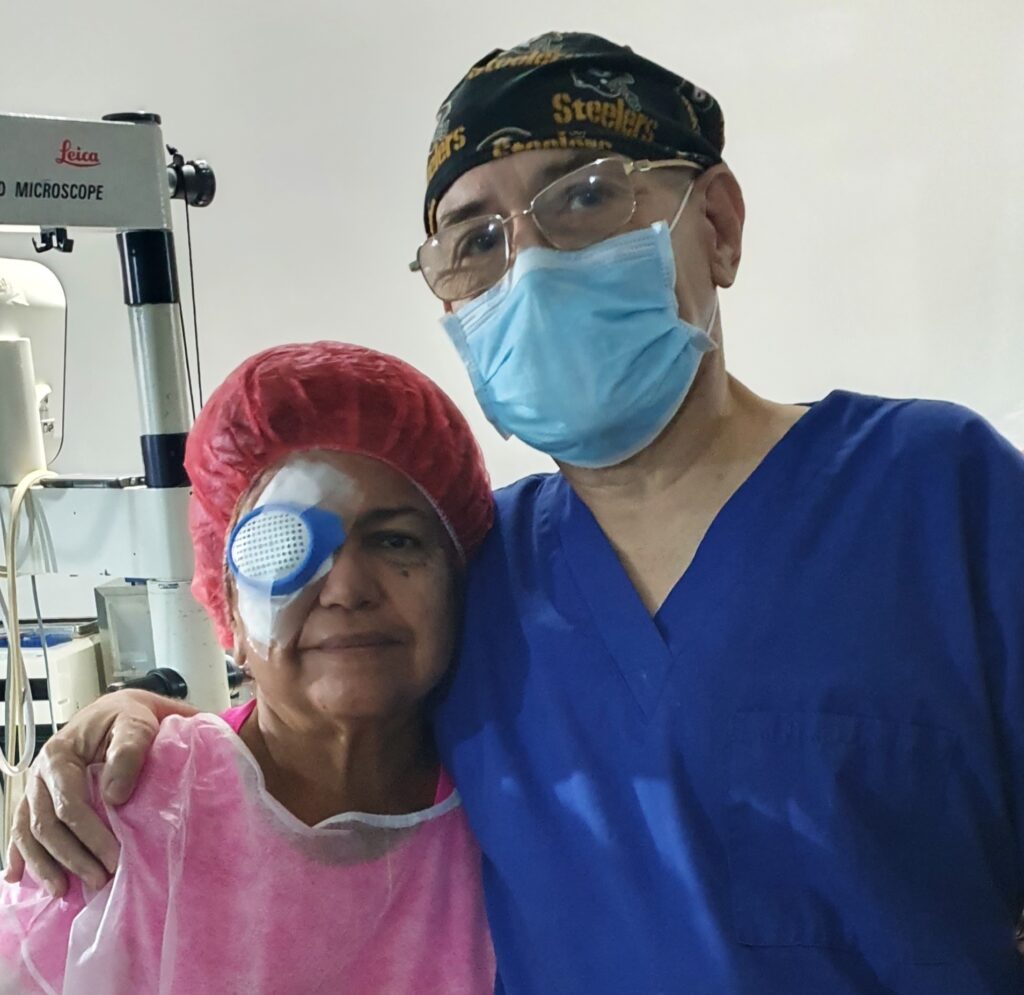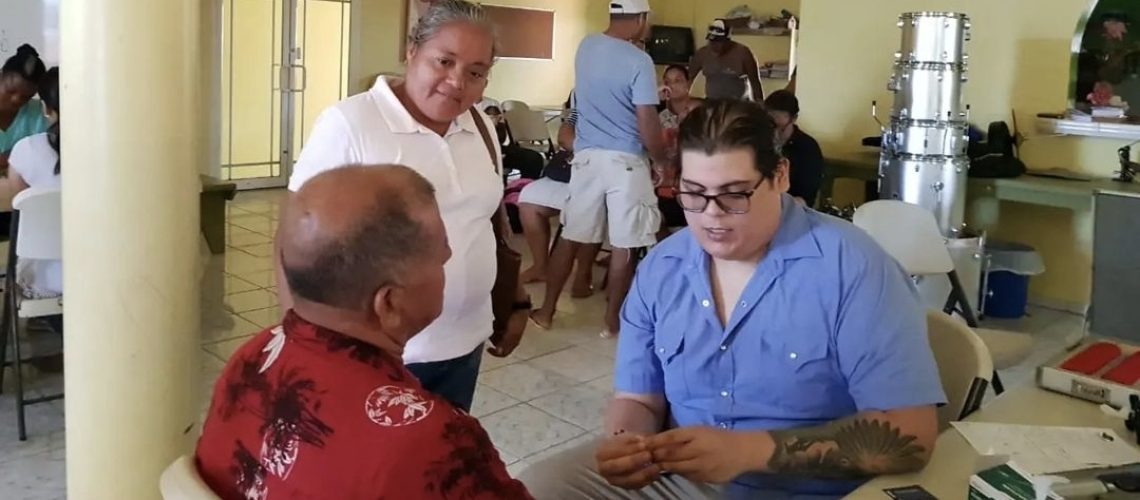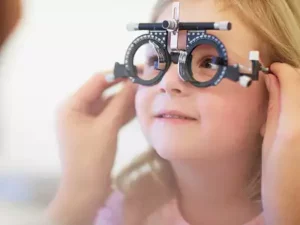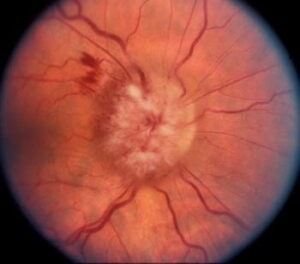Patient education is sometimes undervalued by some health care professionals, but it is crucial because most of the times the patient’s outcomes depend on succesful communication by the doctor. So make it a priority to do your best to communicate with your patient or physician.
Good communication is important to prepare the patient for proper understanding of symptoms they are experiencing, the condition, treatment, know what to expect, aliviate concerns and clear any doubts. This will give them the opportunity to report revelant information in the future and they will be able to better monitor other areas of their lives in relation to those factors.

By communicating properly with our patients, we teach them on how to prevent chronic eye diseases and make them aware of the responsability that they have in the treatment process. A patient will be far more engaged and willing to cooperate if they know why they must do something and how it will benefit them.
Active listening and great communication skills is vital for engagements and better outcomes.
Patient education should focus on:
- Medication instructions.
- Care management or techniques to meet clinical needs.
- Individual patient needs or circumstances.
- Chronic illness prevention.
- Potential symptoms of side effects patients can expect.
- Maintaining proper nutrition and having an active lifestyle.
- Adjusting to psychological and social demands.
- Difficult lifestyle adjustments.
- Engaging in effective interactions with health care providers.
The idea of effective physician and patient communication, is to influence the patient’s behavior in a positive way, producing changes in knowledge, attitudes and skills that are necessary for improving their overrall health. This helps us to built succesfull relationships with our patients.
Effective doctor-patient communication can help patients control their emotions, make it easier for them to understand medical information, and help doctors better understand their patients’ needs, perceptions, and expectations.





